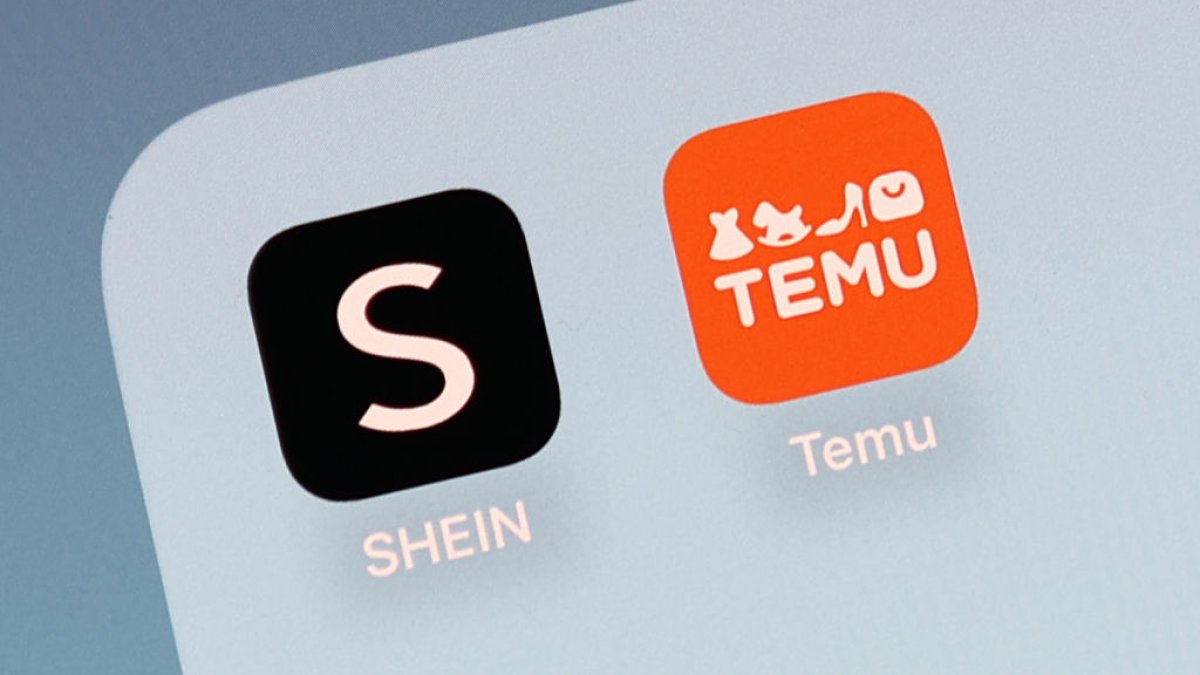If you are one of those who buy from Shein and Temu for their affordable prices, get ready: this could change soon.
The rock-bottom prices that have made China-linked e-tailers Shein and Temu so popular with American consumers could soon rise if the Biden administration limits their use of a legal loophole in commercial legislation.
The companies, known for their $5 T-shirts and $10 sweaters, could see prices rise by at least 20% if the so-called de minimis provision is changed, a spokesman for the Republican-majority House Select Committee on the Chinese Communist Party told CNBC. The committee made the estimate after launching investigations into Shein and Temu more than a year ago.
Neil Saunders, retail analyst and managing director of GlobalData, agreed that the policy change would likely increase prices, but could not say by how much.
“If the de minimis exemption is removed, then the cost of products on marketplaces like Shein and Temu will increase. They will still be cheap marketplaces, but they won’t have the competitive advantage on price that they have now,” Saunders told CNBC in an email. That may cause them to lose some market share or slow their growth, but they will likely respond by investing in higher-priced items to balance out their offerings.
WHAT IS THE CHANGE THAT COULD INCREASE PRICES
The de minimis exemption is a provision established in Section 321 of the Tariff Act of 1930, designed to simplify the process of importing low-value goods into the United States.
On Friday, the Biden administration announced plans to ban overseas shipments of tariff-affected products between the United States and China from being eligible for this tariff exemption.
Due to an obscure loophole in tariff law that has existed since the 1930s, the exemption allows packages worth less than $800 to enter the United States without shippers paying import duties and with less scrutiny than larger containers.
Both Shein and Temu declined to tell CNBC whether they will raise prices because of the proposed changes. The companies also denied that their low prices were due to the de minimis exemption and said their business models allow them to offer their ultra-affordable fares.
A Shein spokesperson said the company supports de minimis reform and was recently accepted into a voluntary pilot program with U.S. Customs and Border Protection, where it agreed to provide additional data on packages and shipments.
Which products will cost less? Click here.
MS THE LEAST CHEAP?
As Temu and Shein have become go-to shopping portals, they have gained market share from rivals that cater to similar consumer segments, such as H&M, Zara, Target, Walmart and Amazon.
If Shein’s prices were to increase by 20%, its assortment would become closer to that of these competitors, which could make it harder for it to compete.
For example, the average price of a dress at Shein was $28.51 as of June 1, according to data from Edited, a London-based research firm that analyzed the company’s pricing strategy and shared metrics with Reuters.
At the time, that price was well below the average cost of dresses at H&M and Zara, which were $40.97 and $79.69 respectively, according to Edited’s data. However, if costs were to increase by 20%, that would make the average price of dresses at Shein $34.21 — much closer to H&M’s average price.
There is no guarantee that prices will rise by 20% if the proposal goes into effect. Still, given the company’s long shipping times, a smaller discount relative to Shein’s rivals may lead some consumers to opt for retailers closer to home.
Ultimately, while de minimis rule reform creates a more fair and equal playing field, like any tariff, it will end up costing consumers more, Saunders said.
articlewas originally published by Gabrielle Fonrouge for CNBC.com. For ms of CNBC enters here.
